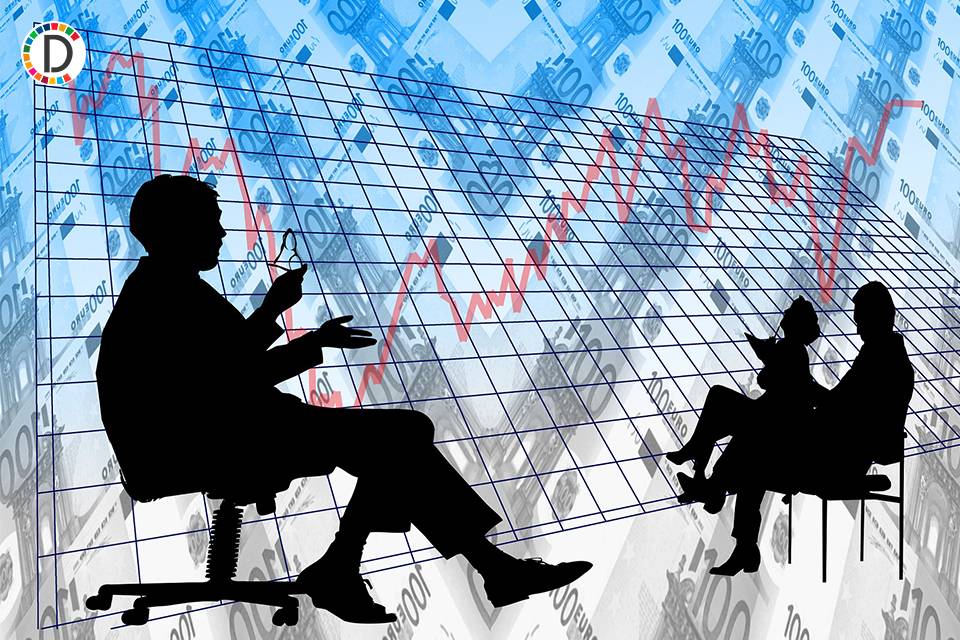COLUMN-U.S. banks tighten lending standards to small business and consumers: Kemp
The results are based on responses from 65 domestic banks to the quarterly survey, sent by the central bank on March 27 and returned by April 7. Chartbook: U.S. bank lending standards On the household side, the net percentage tightening standards had risen to +30% for both consumer credit card loans and auto loans, sharply higher than a year ago, though still some way below past recession levels. Banks are likely pre-empting a slowdown in the business cycle and increase in unemployment, widely expected since late 2022, which will increase defaults.

U.S. domestic banks reported a widespread tightening of lending standards by the end of the first quarter of 2023 - even before the full impact of the regional banking crisis had been felt.
Stricter lending criteria are likely to slow the flow of credit to small businesses and households – amplifying the impact of interest rate increases by the Federal Reserve over the last year. The net percentage of domestic banks tightening standards for commercial and industrial (C&I) loans to small businesses with annual sales below $50 million hit +47% at the end of the first quarter.
The net percentage tightening small business C&I standards has risen to levels usually associated with recession, based on past results from the Senior Loan Officer Opinion Survey on Bank Lending Practices (SLOOS). The results are based on responses from 65 domestic banks to the quarterly survey, sent by the central bank on March 27 and returned by April 7.
Chartbook: U.S. bank lending standards On the household side, the net percentage tightening standards had risen to +30% for both consumer credit card loans and auto loans, sharply higher than a year ago, though still some way below past recession levels.
Banks are likely pre-empting a slowdown in the business cycle and increase in unemployment, widely expected since late 2022, which will increase defaults. But the tightening of the credit cycle is to some extent self-fulfilling, making the business cycle slowdown and rise in unemployment more likely.
In effect, tougher standards are doing some of the work for the central bank by restricting the volume of new borrowing and spending. Small businesses and marginal households are some of the most sensitive to any change in the cost and availability of credit because they often have fewer borrowing options and limited financial resources of their own.
As the price of credit increases and its availability becomes more restricted, the slowdown in small business and household spending will act as another headwind for the economy. Related columns:
- Cromwell's rule and the global economic outlook (May 10, 2023) - Recession or not, U.S. economy is losing momentum (May 5, 2023)
- Hard-ish landing has already arrived for U.S. manufacturers (April 4, 2023) John Kemp is a Reuters market analyst. The views expressed are his own (Editing by Sharon Singleton)
(This story has not been edited by Devdiscourse staff and is auto-generated from a syndicated feed.)










